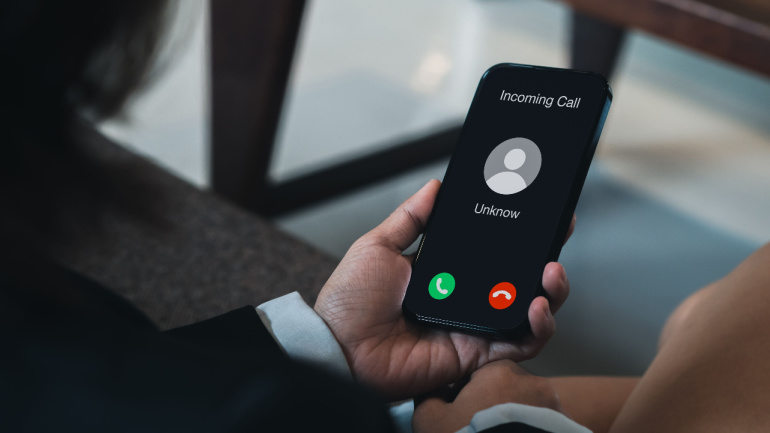In the wake of the European Union’s decision to compel Microsoft to cease bundling Teams with Office applications across Europe, Zoom’s CEO, Eric Yuan, has proposed that the United States Federal Trade Commission (FTC) consider similar actions within its borders.
In a collective effort to combat the rampant issue of scam calls, the Federal Trade Commission (FTC) joined forces with the Federal Communications Commission (FCC), state attorneys general, and various state and federal agencies to announce “Operation Stop Scam Calls” on July 18. This initiative brought together 102 participants, resulting in a total of 180 enforcement actions taken at the state and federal levels.
In a shocking move, Qualcomm accuses Arm of anti-competitive practices, sparking industry-wide buzz. Arm’s shift from open licensing toward proprietary chip development raises eyebrows and regulatory scrutiny. Will this shake-up ignite innovation or hinder competitiveness? Follow the unfolding saga and explore its impact on the future of VoIP technology.
Robocalls and scam calls plague phone users, causing financial loss, identity theft, and emotional distress. These deceptive tactics exploit advancements in technology. Fortunately, individuals can fight back with call blocking apps, Do Not Call lists, and authentication technology. By working together, we can reduce the impact of robocalls and scam calls.
First Orion, the leading provider of branded communication solutions for enterprises, announces that the industry’s first real-time out-of-band call authentication solution, INFORM Paired, is now available across all major U.S. carriers. INFORM Paired ensures bad actors cannot impersonate a branded call from a legitimate enterprise and, as a result, reduces the risk of consumers getting scammed.
In an unyielding effort to combat the surge of illegal robocalls and fraudulent activities, the Federal Communications Commission (FCC) has issued stern advisories to seven gateway providers identified as potential collaborators in transmitting illicit traffic on behalf of overseas entities. This poses a significant risk to the integrity and security of U.S. phone networks.
In a groundbreaking move against the scourge of robocallers, the Federal Communications Commission (FCC) has announced a historic forfeiture of $300 million, showcasing their unwavering commitment to tackling the issue head-on. However, the question of when this record penalty will actually be paid remains an uncertainty.
The Competition and Markets Authority, UK’s competition watchdog, leans towards approving Broadcom’s monumental $61 billion takeover of VMware, after an in-depth Phase 2 investigation. The pivotal concern was whether it would discourage innovation due to reduced competition in the server market. However, the analysis suggests that competition in UK’s server hardware component supply won’t be notably hindered by the deal. This takes Broadcom a step closer to becoming one of the world’s largest server virtualisation software suppliers.
EU regulators approve Microsoft’s Activision Blizzard acquisition, amid concerns raised by UK’s CMA and US’s FTC. Microsoft commits to a ten-year agreement addressing competition issues in cloud gaming distribution, yet the future remains uncertain as global regulators’ decisions vary.
We may not always realize it, but we spend a good part of our lives online. We frequently reveal our names, addresses and credit card numbers when accessing shopping and social networking sites, and trust those sites to keep us and our information secure. You lock the door when you wish to keep your home safe. The same should apply on the Internet, where we can considerably limit our exposure to a variety of hazards by implementing a modest number of Internet safety measures. You know what they say – the Internet is like your front door: a lock doesn’t do much good if you leave the key under the welcome mat. Is it safe to be in the Internet? Learning about cybersecurity and online safety might feel like swimming through a sea of technical jargon. There are several cybersecurity terminologies to be familiar with, but we’ve selected a handful of…













